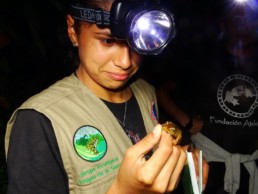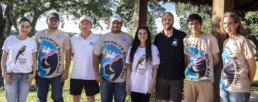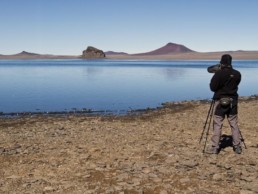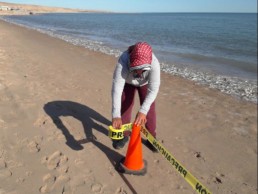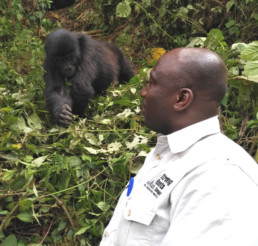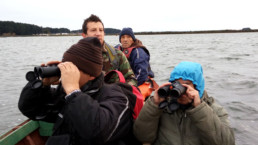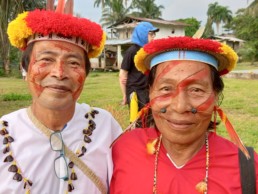Our Partners
Our partner NGOs operate globally, tirelessly safeguarding biodiversity, endangered species, and delicate ecosystems. Their dedication and on-the-ground efforts make our impact possible, allowing us to contribute meaningfully to conservation initiatives worldwide. Together, we form a formidable force in the fight to preserve the natural world for generations to come.
Here is a list of our partners, presented in no particular order:

Asociación Armonia is a Bolivian nonprofit organization dedicated to conservation of birds and avian habitat in Bolivia.
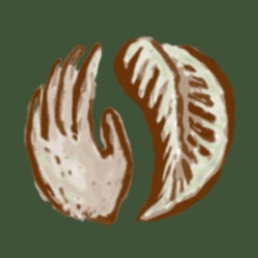
Native Future is an organization rooted in conservation, and Indigenous rights. They partner with indigenous communities in Panama to protect their land rights, support the stewardship of their rainforest ecosystems, and educate their youth.
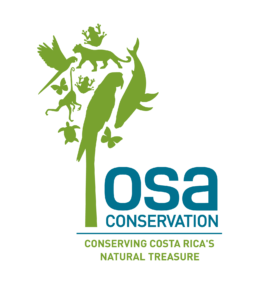
Osa Conservation, amid the urgent backdrop of climate change, actively fosters resilience across southern Costa Rica’s exceptional landscape. We collaborate closely with local communities, government officials, and global leaders to establish a climate-adaptive mega-corridor, ensuring sustained harmony between nature and humanity.

Since 2003, Ripple Africa has empowered Malawian communities for sustainability, adopting a “hand UP, not a hand out” approach. By forming Fish Conservation Committees along 300 km of shoreline, they’ve boosted fishing yields and biodiversity conservation.
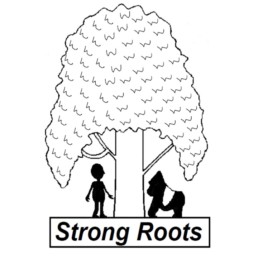
Founded in 2009, Strong Roots is a community-based organization working at the nexus of conservation and sustainable development. They work with communities who live on the borders of Protected Areas and those living in community forests.

YAPPENDA emerged from a deep care for and attachment to Papua and its natural landscapes. It operates as an NGO centered on conservation and sustainable development in the region. The name YAPPENDA, a blend of Bahasa Indonesia and Bahasa Yali, encapsulates its essence: “Foundation for the love and service of Papua.
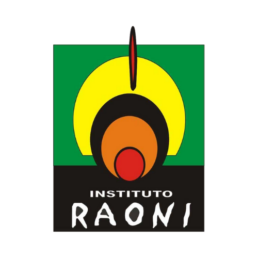
Instituto Raoni represents approximately 1,700 Kayapo living in 12 communities in the southwest sector of Kayapo territory. The IR Kayapo protect approximately 1 million hectares (2.5 million acres) of their territory in the southwest.
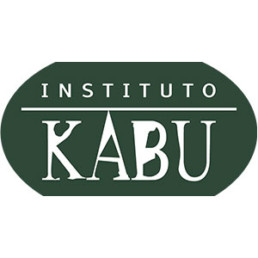
Instituto Kabu is a non-profit indigenous organization (NGO) that represents approximately 1,800 Kayapo living in 15 communities in the northwestern sector of Kayapo territory. The IK Kayapo protect approximately 5 million hectares (12 million acres) of their territory in the north and mid-west.
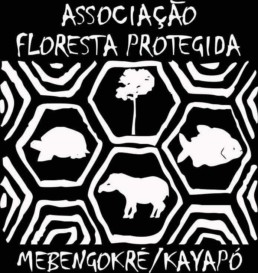
Associação Floresta Protegida is a non-profit indigenous organization (NGO) that represents approximately 2,800 Kayapo living in 30 communities located in the northeast sector of Kayapo territory. The AFP Kayapo protect approximately 2.5 million hectares (6 million acres) of their territory in the northeast.
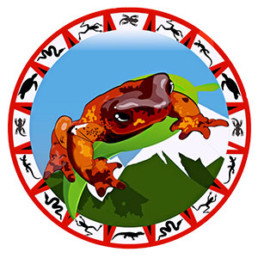
Fundación Atelopus is a scientific NGO created with the aim of conserving amphibians and reptiles of the Colombian Caribbean through research and involvement of local communities. One of the Foundation’s objectives is to integrate scientific, traditional, and cultural knowledge to generate structured plans that benefit local communities and ensure effective biodiversity conservation actions.

Conservación Amazónica conserves and protects over 5 million hectares of the Amazonian Andes in southern Peru. Utilizing science, technology, and strategic actions, they ensure their preservation. Additionally, they empower individuals and governments to join efforts in this important endeavor.

Marine Conservation Cambodia (MCC), a non-profit organization dedicated to advancing marine conservation and community livelihoods, is working to rehabilitate severely damaged marine ecosystems.
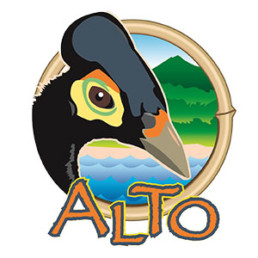
The Alliance for Tompotika Conservation (ALTo) is committed to the flourishing of both nature and people. Based in Sulawesi, Indonesia, ALTo collaborates with local communities to protect imperiled species and tropical rainforests while promoting community dignity and self-sufficiency amidst global changes.

Instituto Juruá is a Brazilian non-profit organization formed by conservationists, researchers and local environmental leaders in close partnership with rural communities and local associations. They provide financial and technical support for community-based initiatives of natural resource management, and offer capacity building opportunities for local communities to help them sustainably manage their natural resources and protect their territory.

FCAT is an Ecuadorian NGO comprising local residents and scientists, all dedicated to achieving enduring conservation of biodiversity in the Tropical Andes region. They collaborate closely with local stakeholders to acquire and utilize dependable information for conserving endangered habitats and species, as well as fostering social and economic well-being.

The Cetacean Action Treasury is a US public charity dedicated to saving Mexico’s endemic porpoise la vaquita marina (Phocoena sinus) from extinction. They partner with Mexican organizations to support adoption of fishing gear that poses no risk to vaquitas, and to search for and eliminate illegal nets from the Vaquita Refuge. They also support research on the status of vaquitas, which is critical to convince authorities that the species remains viable.
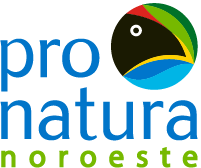
Pronatura Noroeste was established in 1991 as part of the Pronatura system, the oldest conservation organization in Mexico. The organization boasts specialized personnel in various scientific fields and maintains a presence in the diverse natural and environmental ecoregions of the area, aiming to foster societal development in harmony with nature. Their work revolves around engaging with local communities, government authorities, civil organizations, and research centers to conserve the natural capital of ecosystems and safeguard flora, fauna, and fishing resources.

The GMF/GAC is a non-for-profit charitable organization active in Ol ari Nyiro, Laikipia Nature Conservancy, West Laikipia, Northern Kenya. It was created by Kuki Gallmann to honour the memory of Paolo Gallmann and Emanuele Pirri-Gallmann -her husband and son- who both died tragically in Africa, and are buried in Ol ari Nyiro.
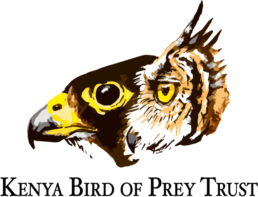
The Kenya Bird of Prey Trust is dedicated to ensuring the health and sustainability of raptor populations in Kenya. Their mission includes protecting critical raptor habitats, managing and restoring raptor populations, and educating the public about the importance of raptors. Comprised of a dedicated team committed to raptor conservation, the Trust collaborates closely with the Kenya Wildlife Service, the Maasai indigenous peoples and numerous other partners. Together, they work to safeguard raptor populations in Kenya’s wild habitats and beyond.

Aves Argentinas was founded in 1916 with a mission to protect wild birds and their habitats. It strives to increase awareness about the importance of biodiversity conservation through advocacy, education, and research with a focus on birds as environmental indicators as measures of our quality of life.
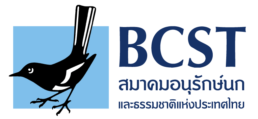
The Bird Conservation Society of Thailand conserves birds and nature in Thailand and is the country partner of BIrdLife International. BCST works at the community level to spread awareness and reconnect people to nature.

Fundación Conservación Marina promote the conservation of threatened species, ecosystem services and marine biodiversity, with emphasis on conservation planning, protection of areas of high conservation value, dissemination, training and citizen science as tools of change for the conservation of marine nature in Chile.
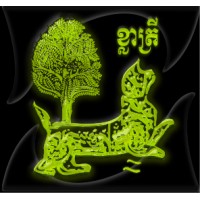
Fishing Cat Ecological Enterprise is a Cambodia-based ecological enterprise whose mission is to investigate, protect, restore and rewild the Cambodian wetland ecosystems and to ensure conservation of threatened species within them and empower local communities to be their
Guardians.

Fundación Inalafquen is a largely volunteer run organization in Patagonia dedicated to the conservation of biodiversity, sustainable use of resources and a better quality of life for all. Focal areas are shorebirds, bats, and heavy metal contamination in San Antonio Oeste, Argentina.
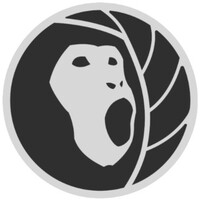
At this critical time in the history of the climate, YAKUM sets out to highlight the urgency of acting on deforestation to evade climate change, and change the way conservation works. They recognize that Indigenous people in many cases do conservation better than national park systems as part of their way of life, buffering the climate and protecting the forests.




